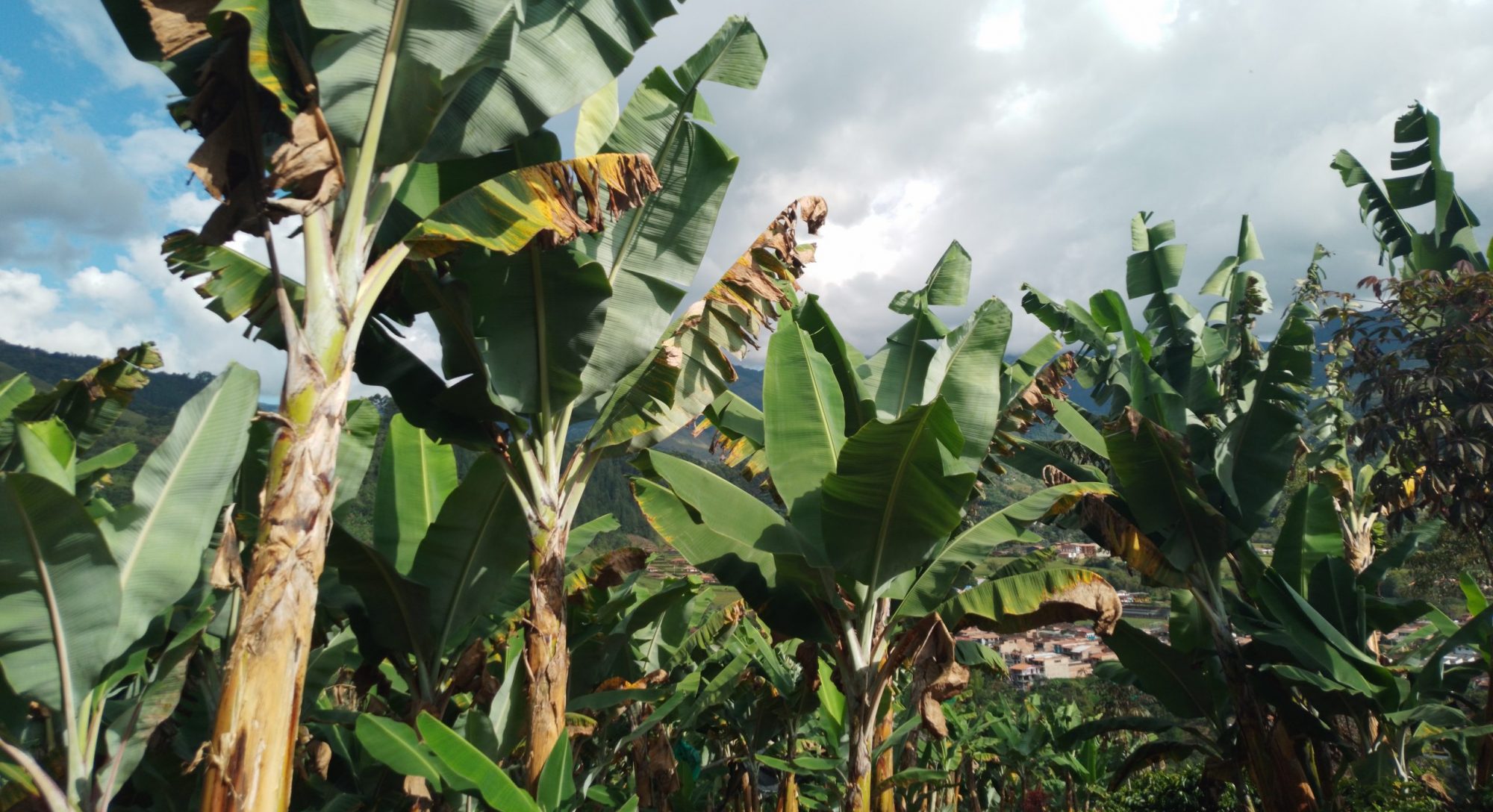RGS-IBG DEVELOPING AREAS RESEARCH GROUP (DARG)
ANNUAL POSTGRADUATE WORKSHOP 2014
— Book now! Only 10 places left —
Careers in the non-governmental organisation (NGO) sector.
Friday 9 May 2014, at the Education Centre, Royal Geographical Society (with IBG).
Arrival from 9.30 for a 10.00 start, workshop ends at 17.15.
The workshop will bring together speakers from some of the UK’s most influential universities and from the largest international NGOs in the world, creating a unique opportunity for postgraduate students to better consider and plan their future careers.
BOOKING ESSENTIAL!
Places cost £14 and must be booked and paid through the following link https://dargworkshop.eventbrite.co.uk
Places will be allocated on a first come, first served basis.
Lunch and tea/coffee are included in the workshop fee.
The workshop will provide postgraduate students with much needed guidance and information on opportunities and routes into the NGO sector. The sessions cover how to bridge academic work and NGO work; an overview of available positions; possible routes in; and CVs and cover letters. There’ll be a range of speakers, along with practical advice and lively discussions.
Speakers include:
· Madhu Malhotra, Director, Gender, Identity and Sexuality, Amnesty International
· Deborah Hardoon, Senior Researcher, Oxfam GB
· Benedict Dempsey, Senior Humanitarian Affairs Adviser, Save the Children,UK
· Professor Caroline Moser, University of Manchester
· Dr. Deborah Sporton, University of Sheffield
· Janet Reilly, Human Resources, Development Initiatives
· Shaun Harris, Deputy Director, LSE Careers
· Recently Graduated PhD students: Dr. Gemma McKenna (Parliamentary Researcher), Dr. Katy Schofield (Synchronicity Earth), Dr. Susannah Fischer (Researcher Climate Change Group, IIED).
The event will be open to all postgraduate DARG members, whether on taught courses or undertaking research. If you are not a DARG member you can join at the event. Annual student subscription is £2. Membership is free to RGS-IBG postgraduate fellows.
For further information please contact the DARG Postgraduate Representatives
Jessica Hope Jessica.Hope-2@postgrad.manchester.ac.uk
Marcia Vera marcia.vera@sheffield.ac.uk
Regina Hansda rh478@cam.ac.uk

